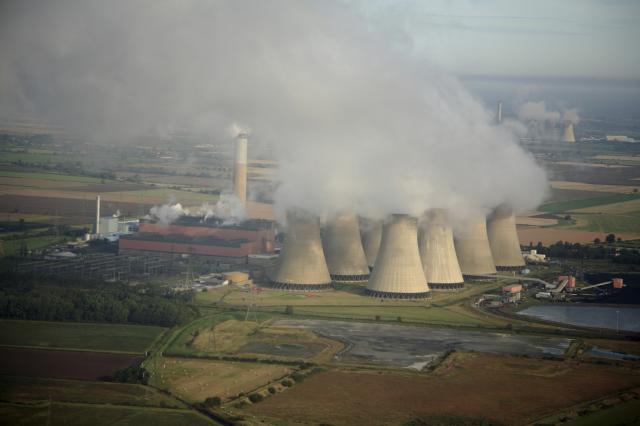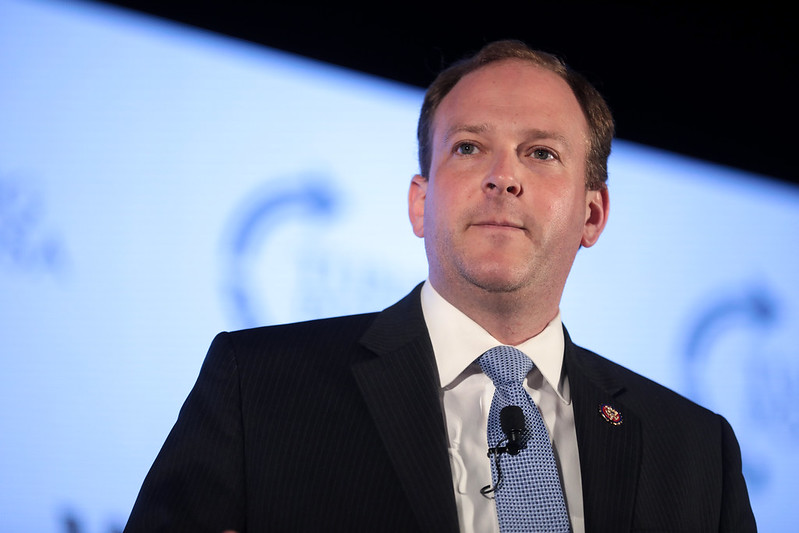Massey Energy (NYSE: MEE), the 4th largest coal producer in the country is running political-style attacks in West Virginia claiming that “tree hugging extremists and self-serving politicians” are killing jobs, while the coal industry is “fighting hard for Appalachian jobs” and “what’s right.”
I am assuming that when Massey talks about fighting for Appalachian jobs they aren’t referring to the fact that earlier in 2009 they cut employee pay by 6% and then recently increased the performance bonus for Massey’s CEO, Don Blankenship, by $600,000.
And I think it’s also safe to assume that when Massey talks about fighting for “what’s right” they aren’t talking about the major environmental violations over the years culminating in a record $20 million settlement with the Environmental Protection Agency. The EPA stated that Massey had violated its Clean Water Act permits “… more than 4,500 times between January 2000 and December 2006.”
It seems the coal giant didn’t learn much of a lesson from the EPA ruling. Just yesterday, a notice of intent to sue was filed alleging that Massey continues to pollute the water systems in West Virginia.
Specifically, the notice alleges that, between April 1, 2008, and March 31, 2009, Massey violated its effluent limits at its various operations at least 971 times, and accrued 12,977 days in violation during that 12-month period.
It is a strange world indeed when standing up for “what’s right” means cutting employee wages, stuffing the CEO’s coffers with more cash and dumping toxic pollution into freshwater streams.
But then again, you’re not in the desperate situation that the coal industry finds itself in.
The coal industry has been bleeding jobs for years. At the height of the dirty fuel renaissance, the US coal industry employed over 130,000 workers, with many of these jobs being unionized and high-paying. Today the coal industry employs only around 20,000 people at a time when coal production continues to rise. This negative correlation of jobs decreasing while production increases is due mainly to the automation of the industry in the form of surface strip-mining and mountain top removal.
87% of these surface mining jobs in Southern West Virginia are non-union.
West Virginia Senator Robert Byrd stated recently that:
“The increased use of mountaintop removal mining means that fewer miners are needed to meet company production goals. Meanwhile the Central Appalachian coal seams that remain to be mined are becoming thinner and more costly to mine. Mountaintop removal mining, a declining national demand for energy, rising mining costs and erratic spot market prices all add up to fewer jobs in the coal fields.”
The cards are stacked against companies like Massey and they may think they’re being crafty by running their attack ads. In the short term they may actually work, but they do run the real risk of dividing locals and creating tension where there should be a sense of community and cooperation. After all, you can’t blame locals for being concerned about pollution in their water supplies, nor can you blame coal miners for wanting to keep their jobs.
In the long-term though, as jobs in the coal industry continue to bleed and fresh water supplies continue to dwindle, I believe that folks in West Virginia will look back on these Massey ads and realize that they were being played by the very people they thought were standing up for “what’s right.”
You can check out screenshots of the ads over on Huffington Post where I first ran this article.
Subscribe to our newsletter
Stay up to date with DeSmog news and alerts







